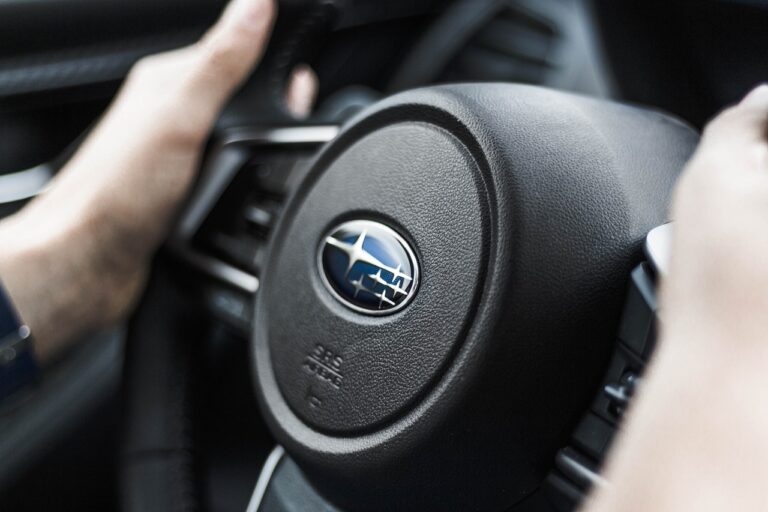5G-Enabled Vehicle Security and Anti-Hacking Measures
Connected vehicles are transforming the way we navigate our roads and interact with our cars. However, with this convenience comes great vulnerability. The integration of internet-connected systems and software in vehicles has opened up a new realm of potential threats and risks.
Hackers can exploit these vulnerabilities to gain access to sensitive information or even take control of a vehicle remotely. From intercepting wireless signals to tampering with critical systems like brakes or steering, the consequences of a successful vehicle hack can be catastrophic. As technology continues to advance, it is crucial for automakers and cybersecurity experts to stay ahead of potential threats and actively work towards securing vehicle networks.
Hackers can exploit vulnerabilities in connected vehicles to gain access to sensitive information or take control of a vehicle remotely.
The consequences of a successful vehicle hack can be catastrophic, including tampering with critical systems like brakes or steering.
Automakers and cybersecurity experts must stay ahead of potential threats and actively work towards securing vehicle networks as technology continues to advance.
The Importance of Securing Vehicle Networks
Securing vehicle networks is crucial in ensuring the safety and privacy of both drivers and passengers. With the rise of connected vehicles, the potential for cyberattacks targeting these systems has increased significantly. Without proper security measures in place, hackers can gain access to sensitive information, control critical functions of the vehicle, and even cause accidents by manipulating the vehicle’s systems.
By implementing robust security protocols and continuously updating software to address any vulnerabilities, automakers can protect their customers from malicious cyber threats. It is essential for the automotive industry to prioritize the security of vehicle networks to prevent potential cyberattacks that could pose serious risks to both individuals and the overall transportation infrastructure.
Understanding the Threat of Vehicle Hacking
Vehicle hacking poses a significant threat to the safety and security of modern automobiles. As vehicles become increasingly connected and reliant on advanced technologies, hackers have more opportunities to exploit vulnerabilities within the vehicle’s network. These cyber threats can range from remote hijacking of the vehicle’s controls to unauthorized access of sensitive data stored within the car’s systems.
One of the most concerning aspects of vehicle hacking is the potential for hackers to compromise critical safety features, such as brakes, steering, and acceleration. By gaining access to the vehicle’s network, hackers could manipulate these functions, putting the driver and passengers at risk of accidents or even fatalities. It is crucial for manufacturers, cybersecurity experts, and consumers to work together to address these vulnerabilities and ensure that stringent security measures are in place to protect against malicious attacks.
What are some common vulnerabilities of connected vehicles?
Common vulnerabilities of connected vehicles include insecure wireless communication, lack of encryption, and outdated software systems.
Why is it important to secure vehicle networks?
Securing vehicle networks is crucial to prevent unauthorized access to a vehicle’s systems, protect driver safety, and safeguard sensitive personal data.
How can vehicle hacking pose a threat to drivers and passengers?
Vehicle hacking can pose a threat by allowing hackers to remotely control a vehicle’s functions, disable safety features, and potentially cause accidents or harm to drivers and passengers.
What are some measures that can be taken to protect against vehicle hacking?
Measures to protect against vehicle hacking include regularly updating software, using strong encryption, implementing firewalls, and conducting security testing and audits.
Is it possible for hackers to gain access to a vehicle’s systems through its infotainment or GPS systems?
Yes, hackers can potentially gain access to a vehicle’s systems through its infotainment or GPS systems if they are not properly secured, highlighting the importance of securing all aspects of a vehicle’s network.







